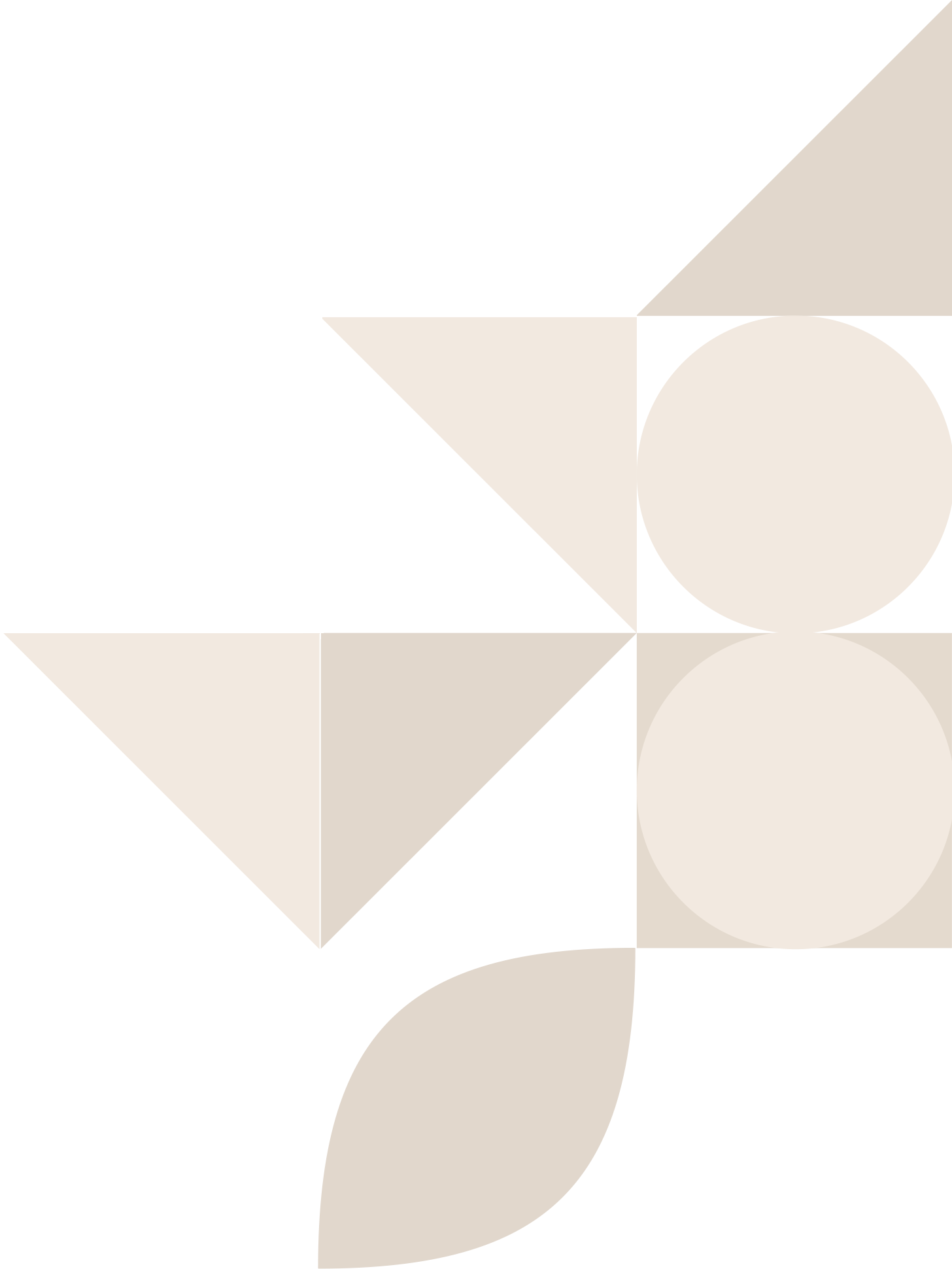Discover articles about science & technology from anyone
TikTok is a New Type of Superweapon
Voor wie hier niet al op TikTok zit; blijf er weg. Als de helft van dit artikel klopt is TikTok de crack van onze telefoon, als alles klopt is plezier de nieuwe pijn in mondiale oorlogsvoering. Een uniek algoritme, extra korte content, nul ethiek en hypnose achtige aanpak maakt het de meest succesvolle app in de geschiedenis. En de meest gevaarlijke: “The result is a system that’s unsurpassed at figuring you out. And once it’s figured you out, it can then show you what it needs to in order to addict you.” “There’s research showing a strong association between smartphone addiction and “digital dementia,” an umbrella term for the onset of anxiety and depression and the deterioration of memory, attention span, self-esteem, and impulse control (the last of which increases the addiction).” “We’ll surely sound like alarmists; TikTok destroys so gradually that it seems harmless. But if the app is a time-bomb that’ll wreck a whole generation years from now, then we can’t wait till its effects are apparent before acting.”

Voor wie hier niet al op TikTok zit; blijf er weg. Als de helft van dit artikel klopt is TikTok de crack van onze telefoon, als alles klopt is plezier de nieuwe pijn in mondiale oorlogsvoering.
Een uniek algoritme, extra korte content, nul ethiek en hypnose achtige aanpak maakt het de meest succesvolle app in de geschiedenis.
En de meest gevaarlijke:
“The result is a system that’s unsurpassed at figuring you out. And once it’s figured you out, it can then show you what it needs to in order to addict you.”
“There’s research showing a strong association between smartphone addiction and “digital dementia,” an umbrella term for the onset of anxiety and depression and the deterioration of memory, attention span, self-esteem, and impulse control (the last of which increases the addiction).”
“We’ll surely sound like alarmists; TikTok destroys so gradually that it seems harmless. But if the app is a time-bomb that’ll wreck a whole generation years from now, then we can’t wait till its effects are apparent before acting.”




